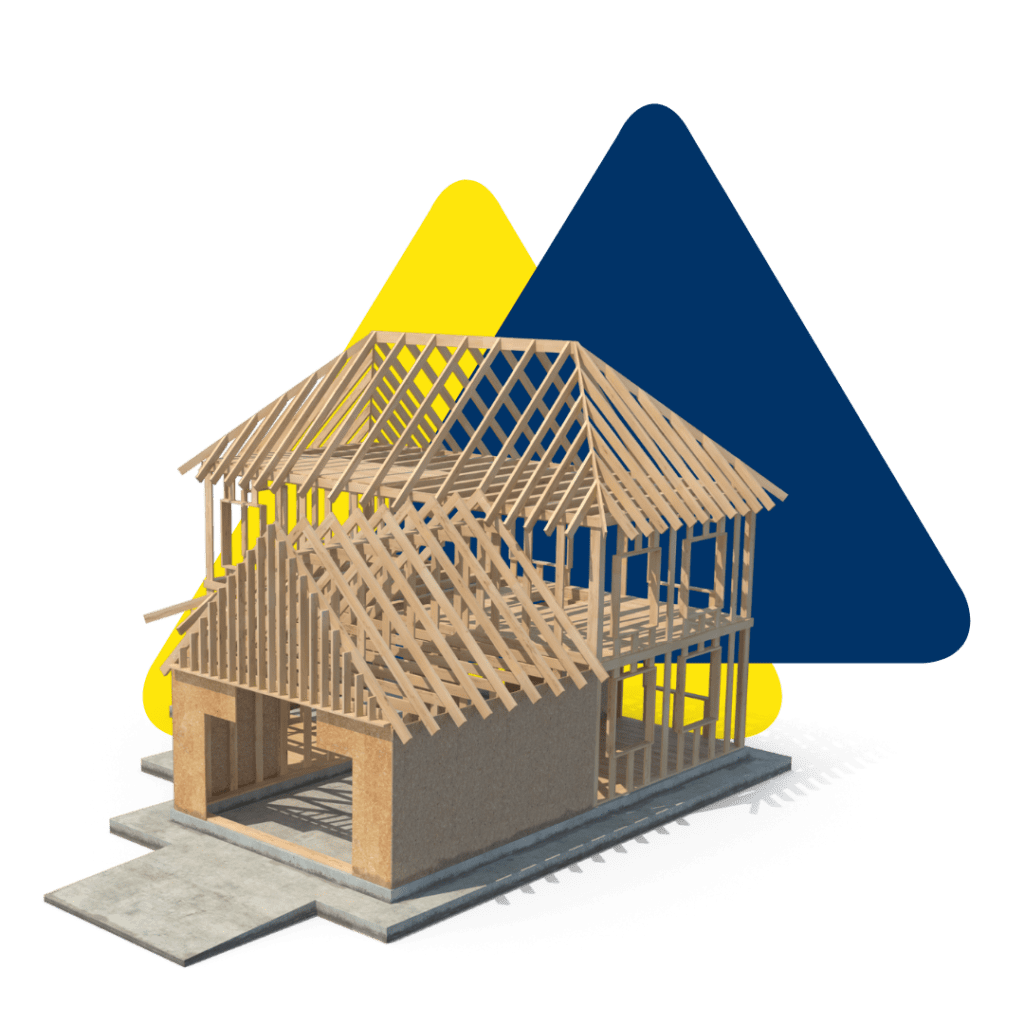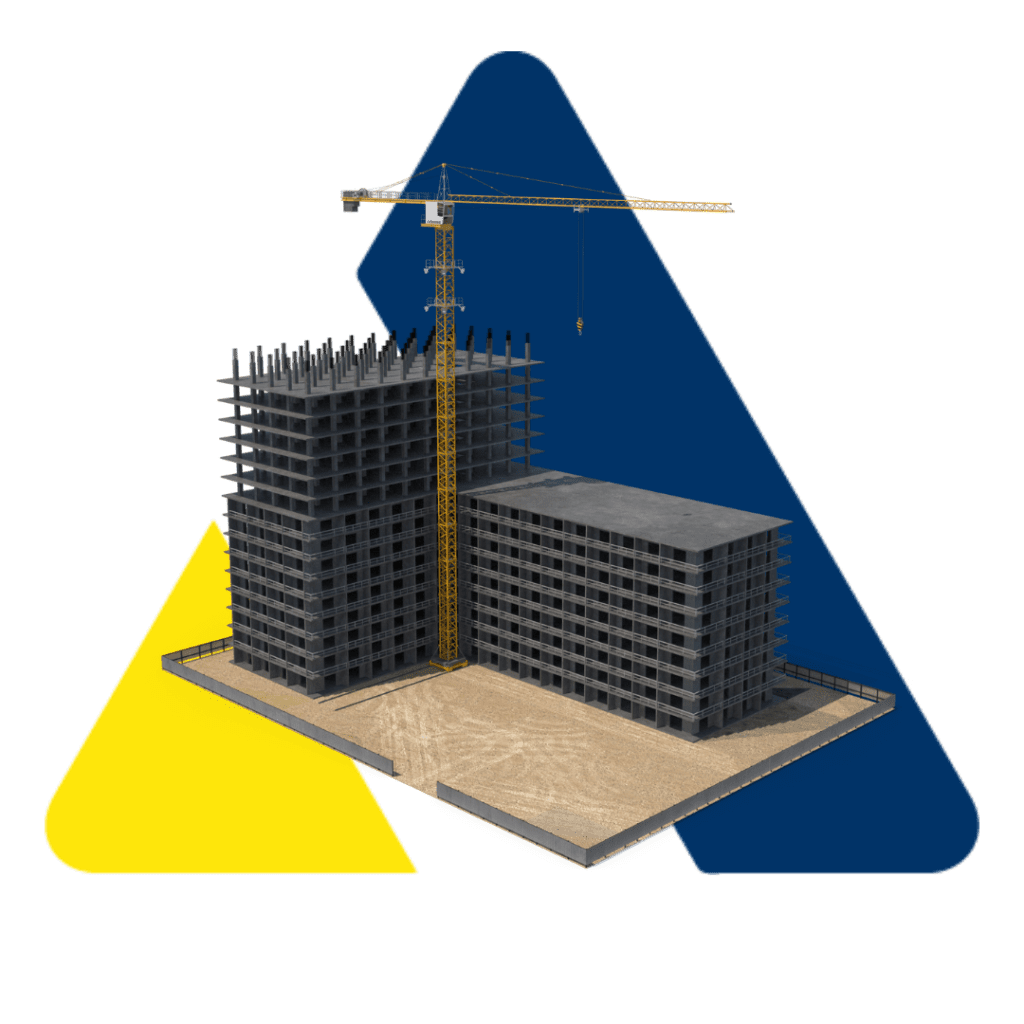Development & Construction Lending
Whether you’re building your first home or building three homes at once, finance is often a key hurdle to overcome.
It is vital to understand the process from the start as finance is not always the first thing you do, given the time it takes from the initial idea through to receiving Code of Compliance.
Property development can be a highly rewarding and profitable activity, but also carries many risks if you don’t have the right people involved and the right research complete.

The right advice will ensure you reduce your costs and time in a project while maximising your returns and making sure that a project is feasible. Ascend Financial can help in this area, providing many different financing options and structures to get the project moving.
Development loans are assessed quite differently across banks to non-bank lenders with a key factor being whether the purpose is to build and sell for profit or build and hold for investment/rental income. It is highly recommended to speak to an accountant first regarding tax implications of your plan and structuring ownership before you engage in developing property and seeking finance.
Give us a call to discuss this and get it right upfront as mistakes in development can be costly and irreversible.
There are 6 Key Steps in the Process to Property Development

Due Diligence
Engage with an architect or property developer prior to going unconditional on land to assess feasibility of the project and get an estimated overall costing.

Purchase Piece of Land
We can help connect you with real estate agents and lawyers throughout this process.

Project Design
Work with your architect for all council and planning tasks, namely getting resource consent, building consent and engineering plan approval (you can use your own engineering connections if not through your architect).

Civil Works
Once planning approvals are all in place, civil works begin which comprise of connecting all the public services to the site and digging the foundations.

Construction Commences
Construction of the property is when the various tradespeople come in and execute the plans (eg. builder, electrician, plumber, brick layers, roofers, tilers etc.) If the build is self managed, lenders are tougher with borrowing criteria and will generally lend less.

Construction is Complete
Once construction is complete, you can either rent out the property or sell. Selling will incur costs, such as marketing, real estate agent fees and tax.

Costs of development will vary wildly depending on many factors.
These factors include project size, complexity, site specific issues, materials used, trades people used, council process, architects and more. As a guide, here is a comprehensive list of costs to expect in development:
-
Architect fees
Unless you go with a major name builder who does the whole process for you and provides an overall quote, an architect will help you put together your plans, obtain resource consent (RC), building consent (BC) and Engineering Plan Approval (EPA)
An architect will also liaise with the varous 3rd parties required to get RC, BC and EPA which mostly consist of various engineers, surveryors and town planners. A quote for the whole project concerning the works of the architect should be provided upfront. -
Buying the Land
Depending on your plan and timeframe this is either the first or the second expense after engaging an architect as part of your due diligence.
-
Subdivision Costs / Civil Construction
If you already own the land and are dividing it to build multiple properties, there are costs involved in this process. This consists of getting services to each LOT such as electricity, broadband, stormwater, wastewater and permit/council fees.
-
Construction Costs
This is the highest cost of the project and includes all the materials and labour involved in erecting the structures through to completion.
-
Finance / Holding Costs
If you are building in staged drawdowns, the loans are likely to be on interest-only with a floating rate and once development is complete the loan can be restructured and moved onto fixed rate lending.
-
Drawdown Fee
For non-bank lenders there is generally a drawdown fee between 1-3%. Their lending appetite is much greater than banks, which makes many projects possible that banks may not fund.
-
Monthly Line Fee
For bigger developments or multi-property developments, there may also be a monthly line fee.
-
Valuation Costs
Banks can ask for a valuation at each milestone in a project, this is called Progress Valuation. The alternative is simply a valuation at the start and upon completion value.
-
Legal Fees
You will need a lawyer to consult on the clauses in the building contract and when you sign the legal documents prepared by the bank.
-
Insurance
It pays to get proper insurance and consult an insurance advisor on making sure you are covered from adverse events in the build process which can span months or years.

